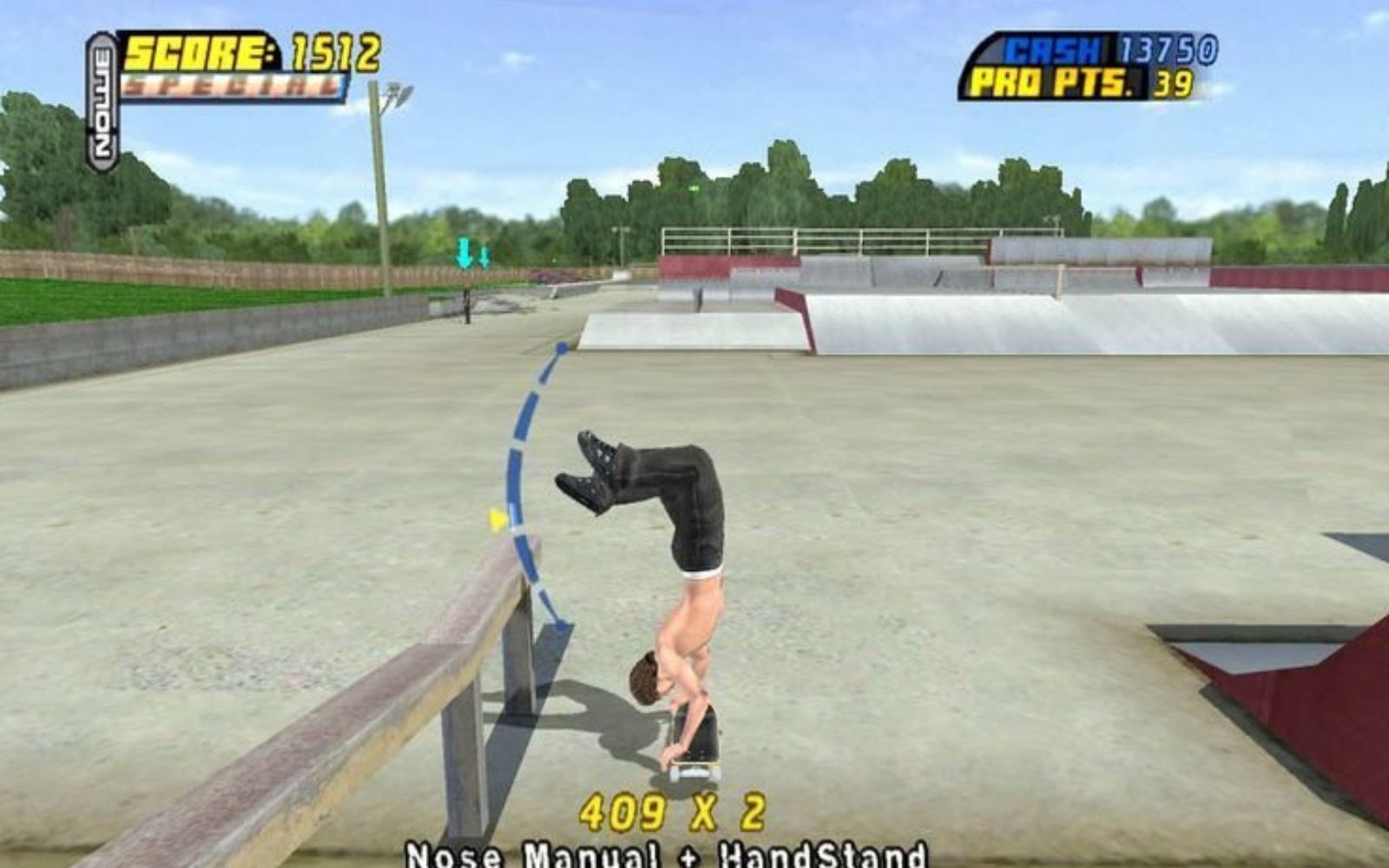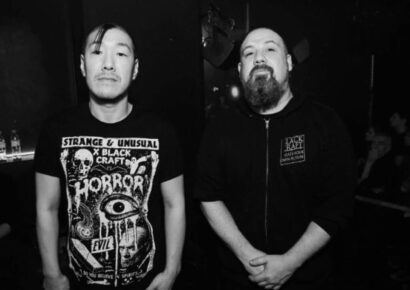Respectable in their own right, yet hardly representative of the broad scope of punk rock and alternative music existing below the scope of the mainstream.
Skateboarding culture and punk rock had always shared a strong link and coexistence, not only with punk rock developing at roughly the same time and locations as skateboarding culture, but also with many musicians being skateboarders themselves.
With the ever-evolving technological capabilities of video game technology, it was only a matter of time before a game came around that not only accurately represented skateboarding, but could include licensed original music of bands that skateboarders actually listened to. THPS soundtrack director Joel Hewitt explained in an interview with Mic Network that, “Video games at the time all had orchestral music. And we were like, ‘Fuck, man, we can pick awesome rock’n’roll. This is cool shit.’ So we spent money on licensing it and sticking it in the game.”
With essentially free-reign to include music supplied from some of punk rock’s most notable labels, including tracks from bands both notable and up and coming, the success of the series arguably was the largest distribution of punk rock music to the general public ever. In the United States alone, the game series had sales of over ten million copies, with the soundtracks no doubt playing on repeat for each one. In an interview with Journey of a Frontman, Goldfinger vocalist John Feldmann explained the inclusion of their now definitive track ‘Superman’on THPS1: “Tony Hawk was a fan of the band, and he asked the label for an odd song that wasn’t released on the album, a song that wasn’t a big radio thing. Jay gave him ‘Superman’ to use and it became, still to this day, our biggest song. I don’t think there’s another song in any video game in the history of video games that was as relevant for that time period as ‘Superman’ was.
Closer to home, Melbourne skate punks Bodyjar broke into international mainstream attention with the inclusion of fan-favourite ‘Not The Same’ on THPS3. It’s hard to imagine playing that game in 2001 without the classic pop-punk track somehow on repeat throughout, no doubt drilling itself into millions of young impressionable minds.
Moving beyond radio friendly pop-punk, the series made no reservations about including more serious and politically contentious music in the game. The inclusion of the Dead Kennedys’ classic ‘Police Truck’ in a format that sold millions of copies, the bulk of which to children around the world and in markets where underground music may be otherwise unavailable.
Of course, it’s hard to accurately measure the effect of the game’s soundtrack on the history and prosperity of the punk-rock canon, but it’s undeniable the effect of suddenly having a band’s music exposed to millions of people who may otherwise never have heard it otherwise. Bad Religion notably came out of a career lull in 2000 with the inclusion of their classic 1989 track ‘You’ on THPS2 boosting their profile and public interest.
All in all, the importance of the inclusion of punk rock in one of the most successful video game series’ of all time not only reinforced the pre-existing bond between punk rock and skateboarding, but is the perfect example of using technology in a positive way to spread important art and culture to those who may otherwise never find it.







